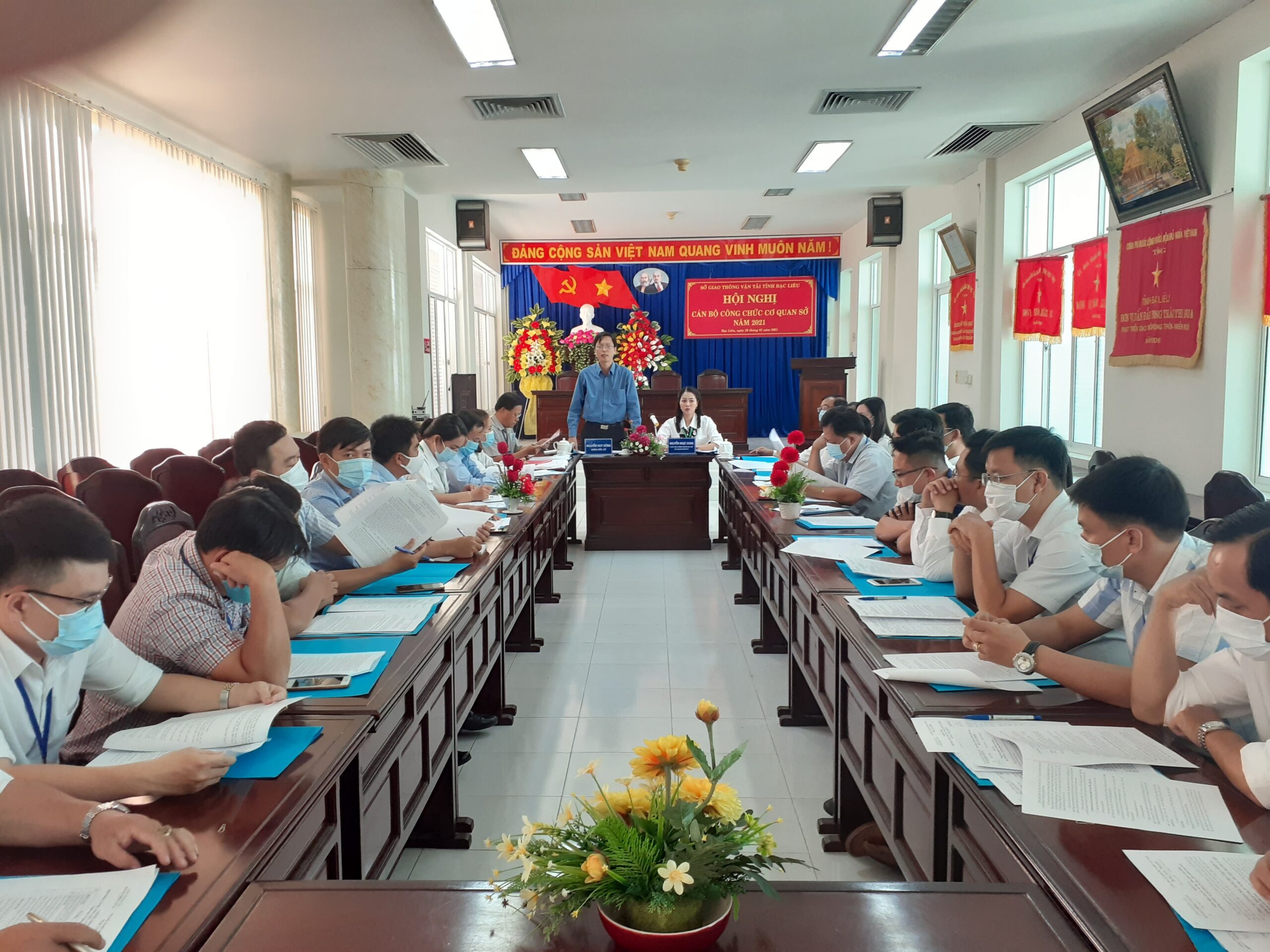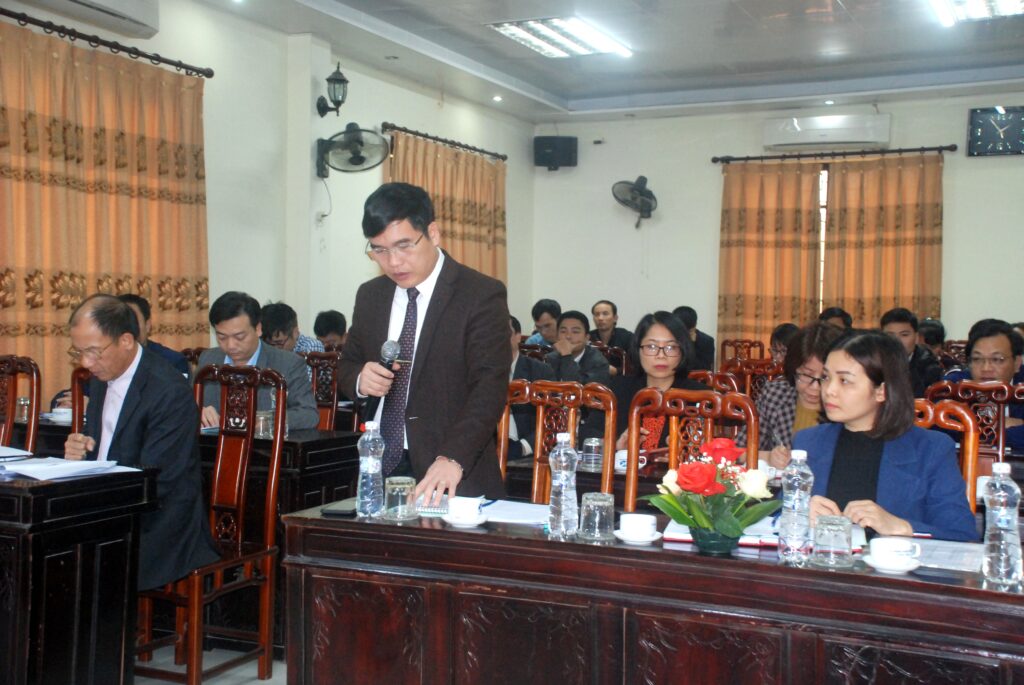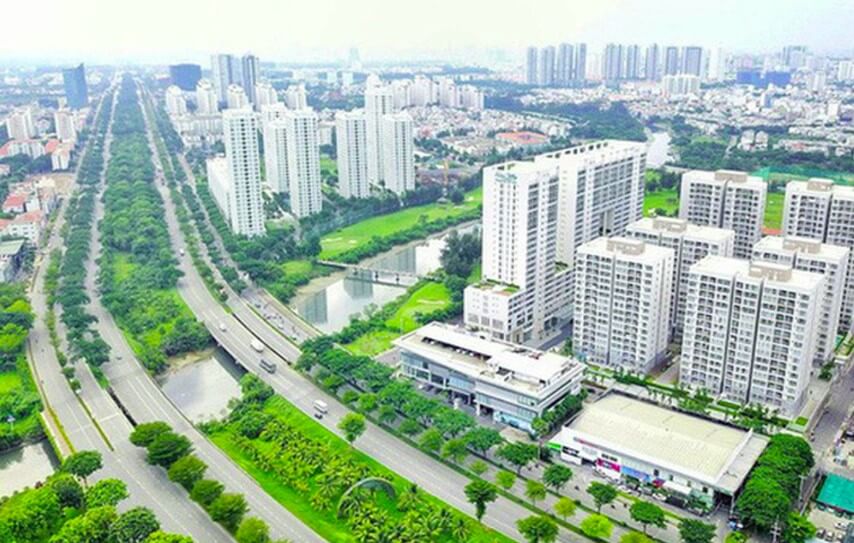Obligations and rights of cadres and civil servants in Vietnam

Vietnam has regulations on obligations and rights of cadres and civil servants. Let’s find out this issue with Lawyer X through the following situation: “Dear Lawyer! I want to ask what areobligations of cadres and civil servants towards the Party, State and people in Vietnam? What are Obligations of cadres and civil servants in the capacity as heads? What are right of cadres and civil servants to be provided with conditions to assure public-duty performance? Thanks for answering my questions!”
Legal grounds
- 2008 Vietnam Law on Cadres and Civil servants
Obligations of cadres and civil servants towards the Party, State and people
– To be loyal to the Communist Party of Vietnam and the State of the Socialist Republic of Vietnam; to safeguard the national honor and interests.
– To respect the people and devotedly serve the people.
– To keep close contact with the people, listen to the people’s opinions and submit to the people’s supervision.
– To strictly observe the Party’s line and policies and the State’s laws.
Obligations of cadres and civil servants in performing public duties
– To duly and fully perform tasks and exercise powers as assigned and take responsibility for their performance.
-To have a sense of organizational discipline; to strictly abide by internal rules and regulations of agencies, organizations or units; to report to competent persons when detecting illegal acts in agencies, organizations and units; to protect state secrets.
– To proactively and closely collaborate with one another in performing public duties; to preserve unity in agencies, organizations and units.
– To efficiently and economically protect, manage and use slate assets assigned to them.
– To implement decisions of their superiors, When having grounds to believe that such decision is illegal, to immediately report in writing to its issuer; the issuer who upholds his/her decision shall issue a document to this effect while the implementer shall implement the decision but is not held responsible for implementation consequences, and shall report to the immediately higher authority of the decision issuer. The person who issues a decision shall take responsibility before law for his/her decision.
– To have other obligations as prescribed by law.
Obligations of cadres and civil servants in the capacity as heads
In addition to complying with Articles 8 and 9 of Vietnam Law on Cadres and Civil servants, cadres and civil servants who arc heads of agencies, organizations or units shall perform the following obligations:
– To direct the performance of assigned tasks and take responsibility for their agencies’, organizations’ or units’ operation results;
– To examine, urge and guide the public-duty performance of cadres and civil servants;
– To organize the implementation of measures to prevent and combat bureaucracy and corruption, to practice thrift and combat wastefulness, and to take responsibility for bureaucratic, corrupt and wasteful acts in their agencies, organizations or units;
– To organize the implementation of legal provisions on grassroots democracy and public-office culture in their agencies, organizations and units: to promptly and strictly handle cadres and civil servants under their management who commit breaches of discipline and illegal acts, show bureaucratic and authoritarian altitudes to and harass citizens;
– To promptly and lawfully settle complaints, denunciations and proposals of individuals and organizations according to their competence or refer them to competent agencies for settlement;
– To perform other obligations as prescribed by law.
Right of cadres and civil servants to be provided with conditions to assure public-duty performance
– To be assigned powers corresponding with tasks.
– To be provided with working equipment and other working conditions according to law.
– To be supplied with information concerning their assigned tasks and powers.
– To be trained and retrained in order to raise their political, specialized and professional qualifications.
– To be protected by law when performing public duties.
Rights of cadres and civil servants to salaries and salary-related regimes
– To be paid by the State salaries matching with assigned tasks and powers and suitable to national socio-economic conditions. Cadres and civil servants working in mountainous, border, islands, deep-lying, remote and ethnic minority areas and areas with especially difficult socio-economic conditions or in hazardous and dangerous sectors and occupations are entitled to allowances and incentive policies according to law.
– To enjoy overtime and night-work pays, working trip allowances and other benefits according to law.
Rights of cadres and civil servants to rest
Cadres and civil servants are entitled to annual leaves, holidays and leaves to deal with personal affairs according to the labor law. If, due to task requirements, cadres and civil servants do not use or have not used up annual days off, in addition to salaries, they may be paid a sum equal to salaries for days on which they still work.
Other rights of cadres and civil servants
Cadres and civil servants are assured the rights to learn, do scientific research, participate in economic and social activities; are entitled to incentive policies concerning housing, vehicles, and social and health insurance regimes according to law; if getting injured or dying while performing public duties, they shall be considered for enjoying entitlements and policies applicable to invalids or being recognized as fallen heroes and other rights according to law.

Communication culture at public offices
Cadres and civil servants shall practice diligence, thrift, integrity, public-spiritedness and selflessness in performing public duties.
– In communication at public offices, cadres and civil servants shall adopt a polite attitude and respect colleagues; their communication language must be standardized, clear and coherent.
– Cadres and civil servants shall listen to opinions of colleagues; make just, impartial and objective comments and evaluations: and ensure democracy and internal unity.
– While performing public duties, cadres and civil servants shall wear civil servant badges or cards: adopt polite manners; and preserve the prestige and honor of their agencies, organizations and units and colleagues.
Culture of communication with the people
– Cadres and civil servants must be close to the people; have polite, serious and modest manners and attitudes; their communication language must be standardized, clear and coherent.
– While performing public duties, cadres and civil servants must not be overbearing and authoritarian and cause difficulties and troubles to the people.
Prohibitions related to civil service ethics
– Shirking responsibility or refusing to discharge assigned tasks; sowing factionalism and disunity; quitting jobs or going on strike without permission.
– Illegally using assets of the State and people.
– Taking advantage of or abusing tasks and powers; using civil service-related information for self-seeking purposes.
– Discriminating in any form against nationality, gender, social strata, beliefs and religions.
Prohibitions related to state secrets
– Cadres and civil servants may not disclose in any form information relating to state secrets.
– Cadres and civil servants working in sectors or occupations related to state secrets may not, within at least 5 years after receiving decisions on their retirement or job discontinuation, perform jobs related to their former sectors or occupations for domestic and foreign organizations and individuals and foreign-invested joint ventures.
– The Government shall issue a specific list of sectors, occupations and jobs which and time limits during which cadres and civil servants are not allowed to perform and policies towards those to whom this Article applies.
Other prohibitions on cadres and civil servants
In addition to the prohibitions specified in Articles 18 and 19 of Vietnam Law on Cadres and Civil servants. cadres and civil servants may not deal with affairs related to production and business and personnel work specified in the Anti-Corruption Law and the Law on Practice of Thrift and Combat of Wastefulness and other jobs as prescribed by law and competent agencies.
Please see more:
- Instructions for exclusive registration of company logos in Vietnam
- Service of changing the legal representative of Vietnamese enterprises
Services of Lawyer X
Prestigious professional services: Firstly, the team of consultants and consultants for many years in the field of civil status, and customer support.
On-time: Certainly, with the motto “Get your lawyer right at your fingertips”, we ensure the service always performs on time. The rights and interests of customers always come first.
Cost: Besides, Lawyer X’s service costs are highly competitive; depending on the nature of the particular case. So, we want our guests to have the best possible service experience. Therefore, costs which guaranteed to be the most suitable and economical for customers.
Confidentiality of client information: Finally, all personal information of clients Lawyer X will be 100% confidential.
If you need any further information, please contact LSX Law firm: at +84846175333 or Email: [email protected]
Frequently asked questions
Cadres and civil servants have the obligation to be loyal to the Communist Party of Vietnam and the State of the Socialist Republic of Vietnam; to safeguard the national honor and interests.
Cadres and civil servants have the obligation to respect the people and devotedly serve the people.
Cadres and civil servants have the right to be assigned powers corresponding with tasks.
Conclusion: So the above is Obligations and rights of cadres and civil servants in Vietnam. Hopefully with this article can help you in life, please always follow and read our good articles on the website: lsxlawfirm.com




